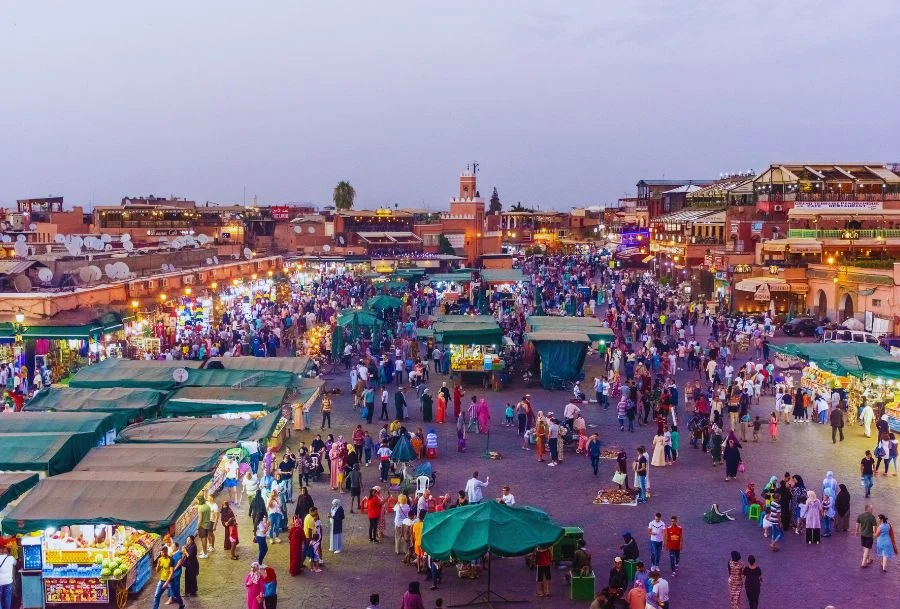
When traveling to Morocco, it’s important to be mindful of what you pack, as certain items are either restricted or culturally inappropriate. Here’s a list of what you should avoid bringing:
1. Illegal Drugs
- Morocco has strict laws against drug possession and trafficking. Even small amounts of illegal substances can lead to severe penalties, including imprisonment.
2. Pork Products
- As a predominantly Muslim country, Morocco observes dietary laws that prohibit the consumption of pork. It’s best to avoid bringing pork products into the country, as they might be confiscated at customs.
3. Alcohol in Excess
- While you can bring a small amount of alcohol (usually up to 1 liter), bringing large quantities could result in confiscation at customs. It’s also important to note that alcohol consumption should be done discreetly and in appropriate venues.
4. Drones
- Bringing a drone into Morocco requires special permission. Drones can be confiscated at the airport if you don’t have the necessary authorization.
5. Non-Prescribed Medications
- Carrying prescription medications without a doctor’s note or prescription could lead to issues at customs. It’s advisable to bring a copy of the prescription and ensure that the medication is legal in Morocco.
6. Inappropriate Reading Material
- Books, magazines, or other media that are considered offensive, particularly those critical of Islam, the Moroccan monarchy, or containing explicit content, should be avoided. Such materials could be confiscated.
7. Weapons
- Carrying weapons, including knives (unless they are small, like pocket knives), firearms, or other potentially dangerous items, is prohibited and could result in legal consequences.
8. Expensive Jewelry and Valuables
- While not illegal, bringing expensive jewelry or valuables is not recommended due to the risk of theft. It’s better to leave such items at home or keep them securely stored.
9. Too Much Cash
- While bringing cash is necessary for certain transactions, carrying large amounts can be risky. It’s better to use a combination of cash and cards and to store them securely.
10. Items for Trade or Resale
- If you’re bringing items that might be seen as intended for trade or resale (like large quantities of electronics or clothing), you could run into issues with customs. It’s best to limit the quantity and ensure it’s clearly for personal use.
11. Homemade Food
- Bringing homemade food items, especially those containing meat or dairy, may be subject to inspection and could be confiscated at customs.
Was this helpful?
0 / 0







